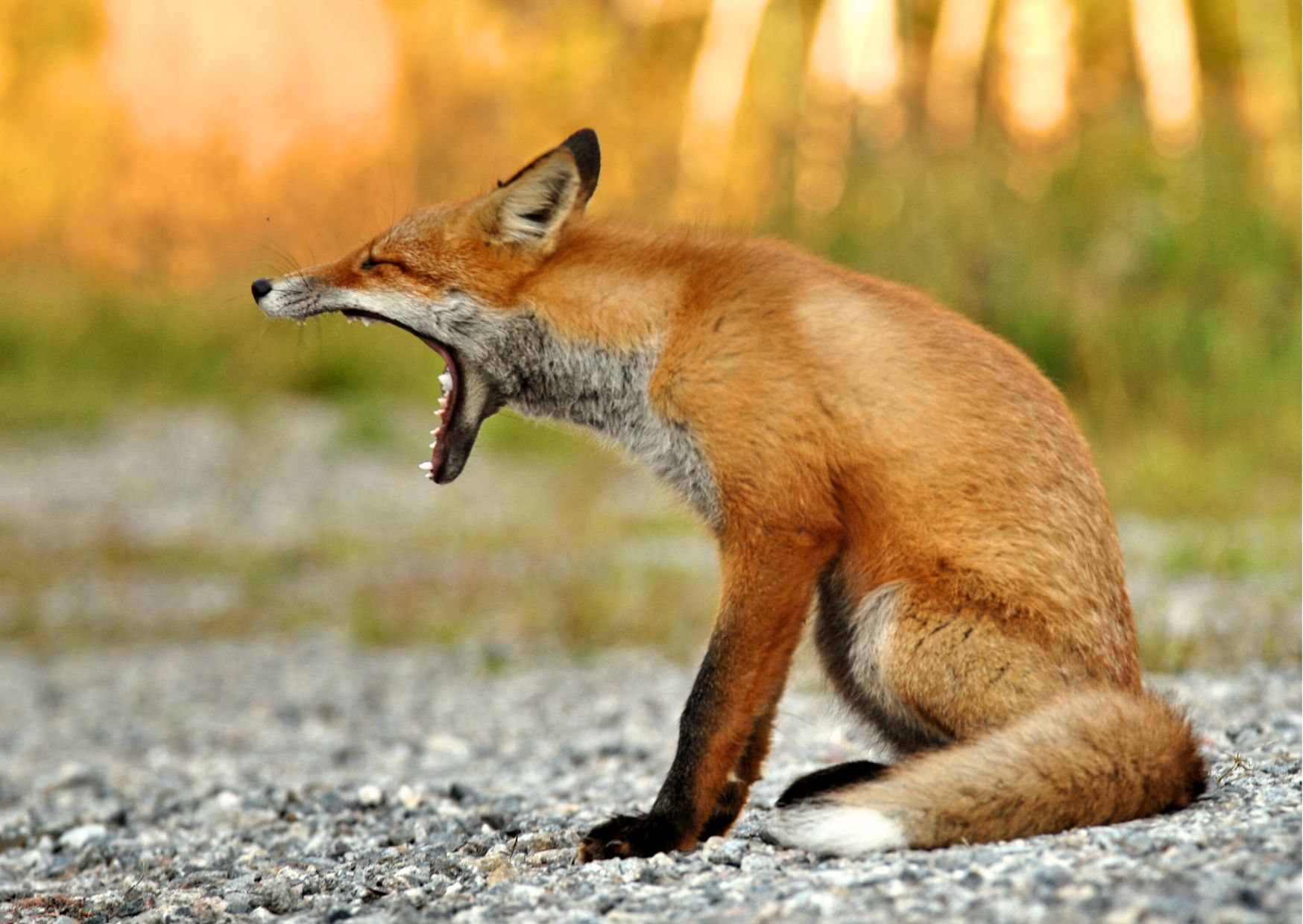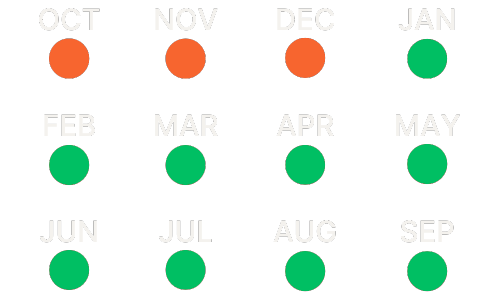I’ve decided to revert back to the fortnightly posts during August, which is why there was no post last week. (I’m hoping at least one reader missed me!) That decision has been prompted partly by a patch of busyness, and partly because it’s a good point in the year to be spending less time staring at a screen and a bit more time soaking up sun and fresh air instead. (I’m also aware that many people sit staring at screens whilst soaking up sun and fresh air.)
This feels like a perfect moment for a short post on a familiar sensation for most of us — a sensation for which summer seems to be the perfect antidote, in a modern world where few people are required to harvest hay, pick fruit or shear sheep anymore.
Boredom, apparently, is an adaptive mechanism, prompting us to do something to bring about change, if and when our lives stagnate, if we need motivation to pursue new goals when our current ones are unfulfilling. It’s linked, I suppose, to our persistent drive to find meaning in everything — as well as to our pernicious drive to feel that we are entitled to be engaged and stimulated at all times. Main Character Syndrome on the basest level of psychology and brain biochemistry, perhaps.
I was delighted recently to learn that there is not just one, but five main types of boredom, at least according to studies by German researchers Thomas Goetz and Anne C. Frenzel and their colleagues. (It’s crossed my mind to wonder if boredom was itself the initial prompt for their boredom studies.) Here they are:
Indifferent boredom: associated with a low state of arousal and minimal aversiveness. Namely, you feel relaxed and generally indifferent to your bored situation, with no strong desire to take action to change it.
Calibrating boredom: slightly higher, but still low, state of arousal, and a bit more aversiveness. You’re attentive to potential means of reducing the bored feeling, but not particularly active in doing anything about it.
Searching boredom: a higher state of arousal, and the aversiveness is dropping. You’d feel restless now, and more active in looking for some kind of stimulation.
Reactant boredom: the highest arousal and the lowest level of aversiveness. That restless bored feeling now has some notes of aggression stirred in with it, and a significant focus on alternative situations. An intensely unpleasant state and a strong motivator to change your current situation.
Apathetic boredom: a late entry into the German study, and a surprise to the researchers. A curious state where both positive and negative feelings are lacking, and where the bored person is seemingly unable to be emotionally aroused at all.
An obvious but fatuous question would be: which type(s) of boredom do you recognise in yourself? But this isn’t Take A Break magazine in the early 90s, so I won’t be encouraging you to actually answer that. (Unless you want to.)
I wondered if boredom is an exclusively human experience, something which might differentiate us from other species. Big cats can sleep for up to 20 hours a day, presumably without experiencing any distress at this prolonged inactivity. I can imagine that prospective prey animals would feel quite pleased about this, if they felt anything about it at all, as it reduces their own chances of being killed for a while longer.
It’s only humans who take exception to a snoozing predator; safari guests have to be routinely reminded about the prodigious sleeping abilities of lions and tigers as a way to manage their inevitable disappointment at not finding them hunting, fighting or mating on cue when the tour jeep rocks up.
While boredom may not be a natural phenomenon, it seems to flourish in captivity. I’ve seen plenty of bored animals in zoos over the years, filling their time with repetitive behaviours from pacing around and picking at open wounds through to compulsive grooming and desperate masturbation. (Bored humans may well practice some of these behaviours, too.)
The zoo animals did not, however, choose the conditions which have given rise to their boredom — those conditions were imposed on them, by us. One of humankind’s greatest tragedies is its capacity to inflict its own worst habits and experiences onto others — even non-human beings. So a more accurate, and more provocative question, might be:
Are humans the only creatures who engineer the circumstances which bring about their own boredom?
Whenever boredom strikes, whether you’re indifferent or calibrating, searching or reactant or apathetic, you have two choices. Do something about it, or don’t.
I made a note in my phone recently when I was feeling guilty about those patches of boredom where I inwardly whinge about being bored but don’t do anything about it. It prompted me to come up with a simple three-stage plan:
When you feel bored, write.
When you’re too bored to write, read.
When you’re too bored to read, walk.
That way, even if I can’t force myself to write anything or read anything, I can at least get myself out of the flat and put one foot in front of the other, using up some calories, breathing in some air, and maybe, just maybe, my flame of curiosity will light up again. As the filmmaker Werner Herzog said in an interview for National Geographic in 2020, “the world reveals itself to those who travel on foot.”



